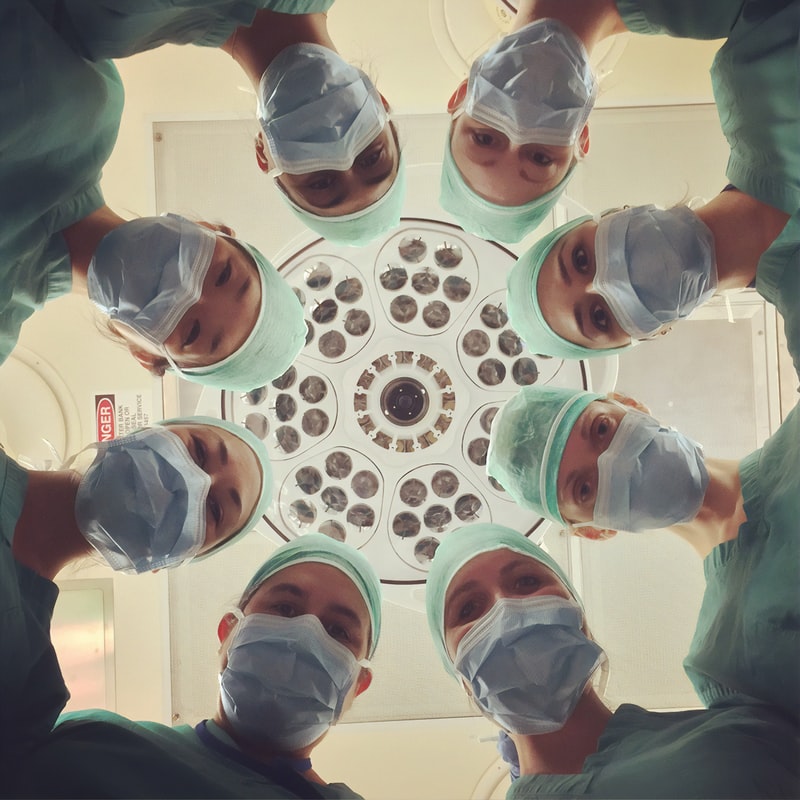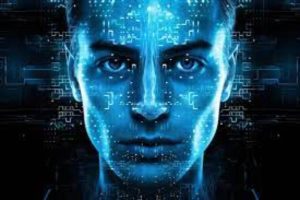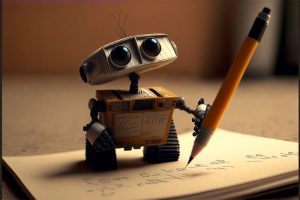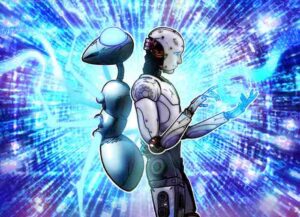AI May Influence Health Care Industry in the Future Years

Technology is changing rapidly, and the whole world is changing it. Concepts that were just science fiction decades ago, like the development of artificial intelligence (AI), are quickly becoming mainstream. Computers have become powerful enough to handle complicated AI calculations. Machine learning systems are more accurate and faster than ever. The cloud and the Internet of Things have enabled small devices to harness the formidable capabilities of artificial intelligence. And it may influence Health Care industry in the future years.
For this reason, the responsible use of AI solutions in healthcare could improve and save people’s lives. On the other hand, health care is a place where recklessness can arise. Therefore, new advances are gradually and carefully monitored and made.
Table of Contents
Digital consultations
Digital consultations are not entirely new. For several decades, there have been medical diagnostic methods on the Internet or over the phone. Example, WebMD or the UK NHS 111 system. All of these “dumb” systems have significant limitations.
Two AI improvements made e-consultation with this technology a smart choice. The growth of well-founded learning information in the backend enables systems to make well-founded decisions about what questions to ask in advance.
Instead of blindly following a recording, AI appointment programs have listened to countless recordings of real instances to ask questions relating to the individual patient.
Second, the advancement of natural language processing can involve complicated paragraphs rather than forcing individuals to make pre-defined decisions. Together, these two AI technologies help respond to individual demands and recommend approaches such as making an appointment with a general practitioner or visiting the emergency room.
There are many companies currently offering AI-controlled digital consulting solutions. Finally, digital consultations should help reduce unnecessary medical visits and improve the efficiency of health care.
Radiology and image
It is a health area where practitioners, in addition to patients, spend a great deal of time and experience viewing photos—a fantastic addition to the early adopters of AI. Computer vision technologies can train systems to examine X-rays or other scans and use deep learning to understand what the images are showing.
Because the results of this AI discovery can make available to a doctor to review the exact results, AI for radiology is used in hospitals.
As machine learning technologies and artificial intelligence services evolve, it won’t be long before alternatives to AI radiology are always faster and more accurate than human doctors. Could be. Personalized medicine: quicker and more precise diagnosis
Personalized medicine: faster and more precise diagnosis
Customized treatments are now something of a Utopian buzzword: a health strategy in which diagnoses and corrective measures tailor to the patient’s personal and family history, in addition to their specific risk factors and genetics. Right now, many personalized drugs are little more than fads, but AI could change that. As new and new data is collected and evaluated via deep learning versions, personalized medicines can become commonplace.
It starts in the identification phase. Internal AI-based analysis is still in its infancy, but some fascinating programs analyze. For example, Remidio creates a cell phone diabetes ID by analyzing photos of a consumer’s eye. This technique has to use effectively.
Robotic surgeons
Finally, personalized AI-based drugs could analyze an individual’s genome and decide which therapies are likely to work. On the other hand, the data record for machine learning instructions does not yet exist for this. Robotic surgeons
In contrast to this scale, AI can also help in one of the more “practical” areas of medicine: surgery.
There are robotic options that can operate for many years, such as the innovative da Vinci system that enables surgeons to assist precision mechanical devices to perform minimally invasive procedures.
However, AI also happens to robots. The Intelligent Autonomous Tissue Robot (STAR) can sew much cleaner and more precise stitches than a human surgeon can do. And early reviews show the technology can also properly remove a tumor without damaging the surrounding tissue. And without the need for eyes, some of these robotic processes can be performed laparoscopically (also known as “keyhole surgery”), which speeds healing and reduces the chance of disease.
The adoption process for AI robotic surgeons is comparing to technologies that help doctors do what they are already doing. However, the benefits can be enormous.
Also Read: Artificial Intelligence For Web Development
Cyber security
These brand new improvements in AI in healthcare will bring considerable benefits to patients, and ultimately all of us in keeping us fit. However, they also present unknown security risks. Many artificial intelligence solutions need to connect to the World Wide Web to use robust cloud-based backends. This connectivity offers attackers a potential opportunity. Even though they are not connected to the public Internet, medical devices of all kinds are often available for external communication requests.
Hospitals were being hacked at an alarming rate, forcing everyone involved to adopt more stringent cybersecurity policies. Earlier this season, healthcare cybersecurity retailer CyberMDX discovered a vulnerability in a popular syringe pump that could allow an attacker to take over the machine and deliver lethal doses of drugs.
where AI can help. Advanced cybersecurity solutions can use machine learning to understand normal network behavior and to identify and prevent abnormal actions that could indicate vulnerabilities or attacks. Fortunately, he is entering health care, and it is happening soon. If you are a business owner in the medical industry, you should take note of this.







